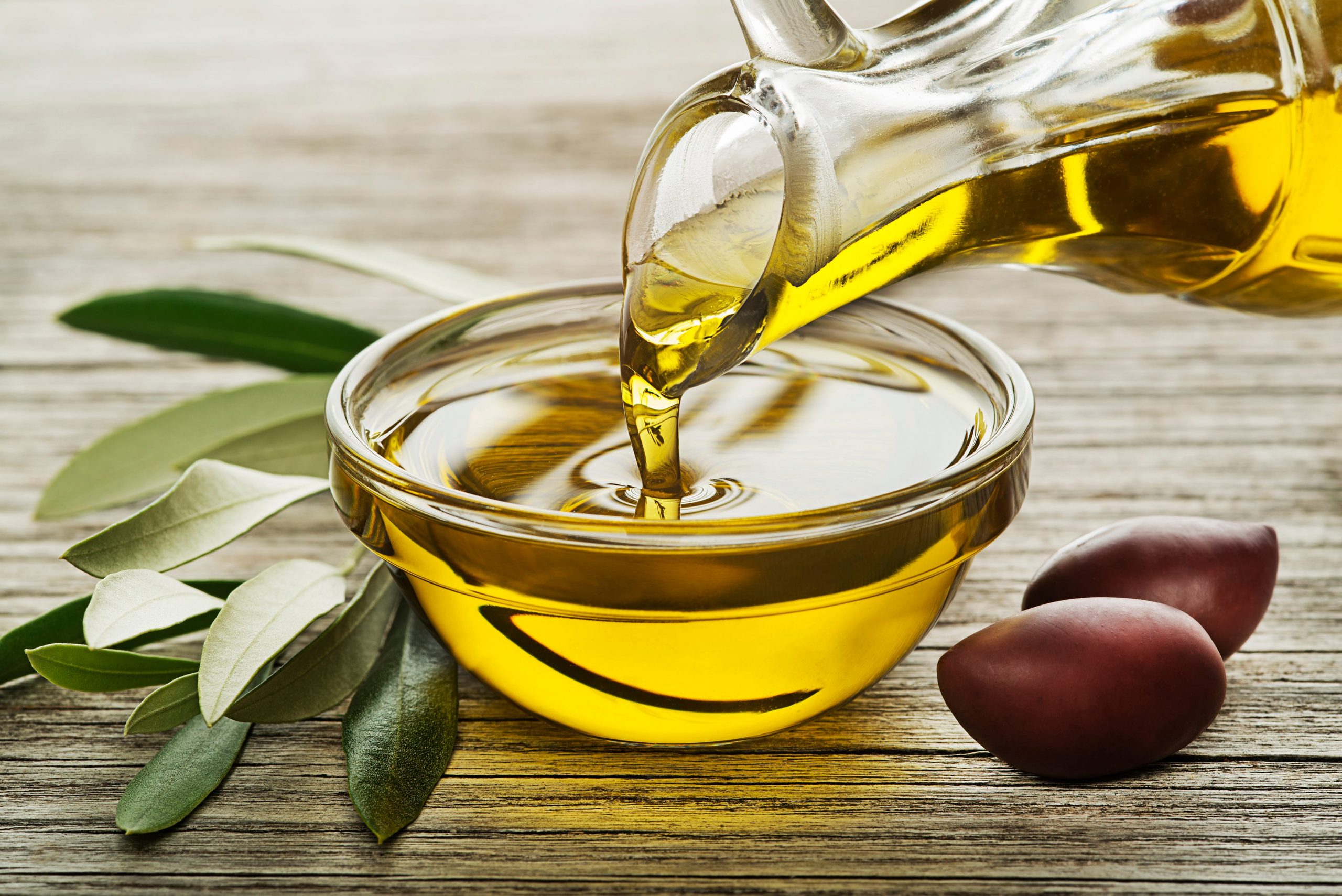Olive oil has widely been used as dipping and cooking oil worldwide, but some people claim that drinking it may help one gain its health benefits. Nonetheless, these claims are not backed by scientific research.
Olive oil is often mentioned among fat-rich foods that help protect the heart. As such, it is usually added to food as dipping and cooking oil, but some studies claim that one can drink it to get its health benefits. In fact, people from the Mediterranean region take about 60 ml of this oil daily, making many to wonder if doing so is associated with many health benefits. Treat this article as your informant since it tells you what you need to know about olive oil’s potential benefits, downsides, and if you should drink it.
Olive oil is nutritious
Oil olive is undoubtedly nutritious, which is why it makes a wonderful additive to foods as dipping or cooking oil. It is packed with monosaturated fatty acids, which studies have shown to improve heart health. Besides, it boasts powerful antioxidant and anti-inflammatory properties and is linked to lower risks of some chronic conditions, including heart diseases. This explains why it is popularized, and many people incorporate it into their meals.
Furthermore, there are other purported health benefits of olive oil for which there is no scientific backup. For instance, proponents of this oil claim that it can solve digestive issues, thereby helping soothe a troubling stomach. Additionally, anecdotal stories have it that drinking olive oil helps the body detoxify waster, cleansing the system. As if that’s not enough, some sources claim that drinking olive oil may help you lose weight faster and maintain it just where you want. All these are promising findings but are merely based on stories as opposed to scientific evidence.
The health benefits found in olive oil
The anecdotal stories aside, there are evidence-based health benefits of olive oil, including;
i. It helps the body meet its fat requirement
Healthy fats are among the three macronutrients the body needs to function besides carbs and proteins. In fact, studies show that 20%-35% of your daily calorie intake should come from fats, but many do not meet these standards. According to the American Heart Association, healthy fats primarily comprise unsaturated fats, mainly polyunsaturated fatty acids (PUFA) and monounsaturated fatty acids (MUFA). Sadly, people take fatty foods but not enough PUFA and MUFA. Thankfully, olive oil has enough MUFA, and taking it helps the body meet its fat requirement for this type of fatty acid. Moreover, MUFA and PUFA are linked to a healthy heart and reduced risks of some chronic health conditions.
ii. It is good for your heart
The other reason behind the popularity of olive oil is its role in heart health. As mentioned previously, olive oil is packed with fatty acids, primarily monounsaturated fats. Specifically, it has oleic acid, a type of fat studies confirm to be critical for heart health, and explains why doctors recommend that heart disease patients include it in their foods. In fact, one 5-year long study investigated the effects of following a diet rich in olive oil and a no-fat diet in more than 7,000 participants. At the end of the study, the olive oil group recorded a 30% lower risk of heart disease compared to their fellows living a no-fat lifestyle.
Moreover, the Food and Drug Administration (FDA) claimed that you can protect your heart from diseases by replacing your daily fat intake with 60 ml of olive oil. However, it emphasizes that it’s not worth it to claim these health benefits while overlooking the fact that olive oil is heavily loaded with calories, and increasing your intake is directly proportional to increased calorie count in the body.
iii. It may help relieve constipation
You can take olive oil or feature it more in your foods to have better loo visits since studies have confirmed that the oil can relieve constipation. For instance, one study compared the effect of mineral water stool softener and olive oil on loo experience. It concluded that the two exerted the same effect, showing that olive oil is as effective as other constipation relievers. Yet another study gave patients with bowel movement issues 4 ml of olive oil and observed the former increased by three in the week. Of course, there is every light to these findings, but there is a need for more in-depth research to quantify the effectiveness of olive oil on constipation and bowel movements.
Other health benefits of olive oil
Apart from helping relieve constipation, promote heart health, and meet the body’s daily fatty acid needs, olive oil may help;
- Stabilize blood sugar levels as observed in people who ate carb-rich foods followed by a tablespoon of the oil
- Reduce inflammation as effectively as most medications sold over the counter
- Boost bone health by increasing bone strength and mineral density
Potential downsides of taking oil
While taking olive oil might not have any critical health problems, it may lead to unnecessary weight gain because it is packed with many calories. A tablespoon of olive oil has 120 calories and is literally the same as 30 g of carbs. As such, it is not worth sacrificing your weight for the health benefits of this oil, most of which are merely anecdotal. Besides, you may displace other healthy foods unintentionally by drinking olive oil. Seeds, nuts, and fatty fish can help provide healthy fats and are still nutritious.
Another concern about olive oil is that it works best when consumed alongside other foods. As such, you need not drink olive oil at the expense of vegetables, fruits, and other healthy picks. Last but not least, most of the health benefits related to olive oil have not been confirmed by studies, eliminating the need to overdrink it in the name of chasing these benefits.
Conclusion
Adding olive oil to foods as dipping or cooking oil may promote heart health, help the body meet its daily fat needs, and improve constipation. However, olive oil is loaded with calories, making it risky for weight gain. Additionally, most health benefits linked to the oil are only claimed and not supported by scientific evidence. As such, you need not drink it to reap its benefits, but incorporate it to your recipes.
- Monisha Bhanote MD, FCAP, ABOIM, CCMS, YMTS - April 19, 2024
- Salmon Nutrition and Health Benefits - April 19, 2024
- THE THRILLING STORY OF TALIS-US.CO AND ITS FOUNDERS - July 29, 2023









